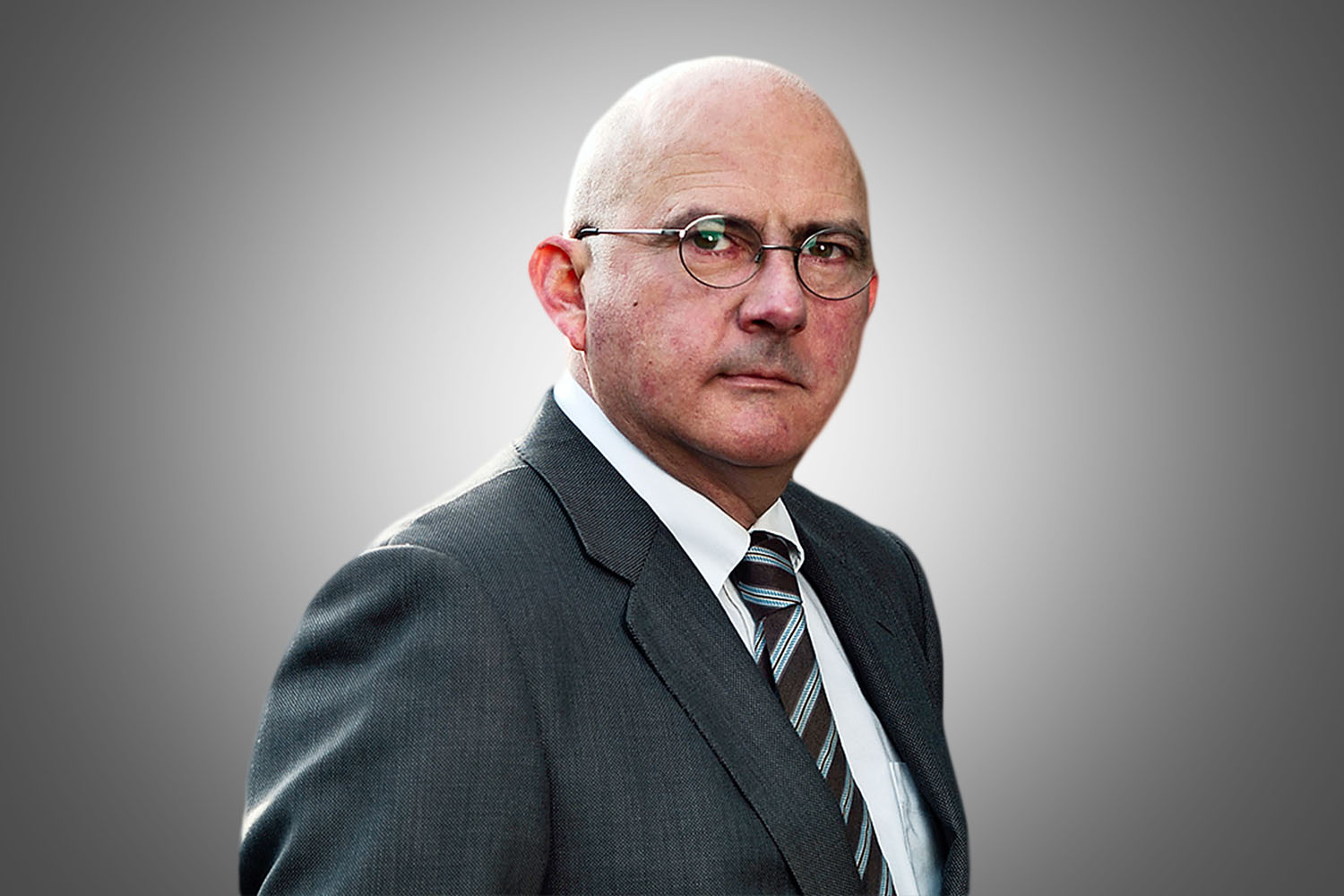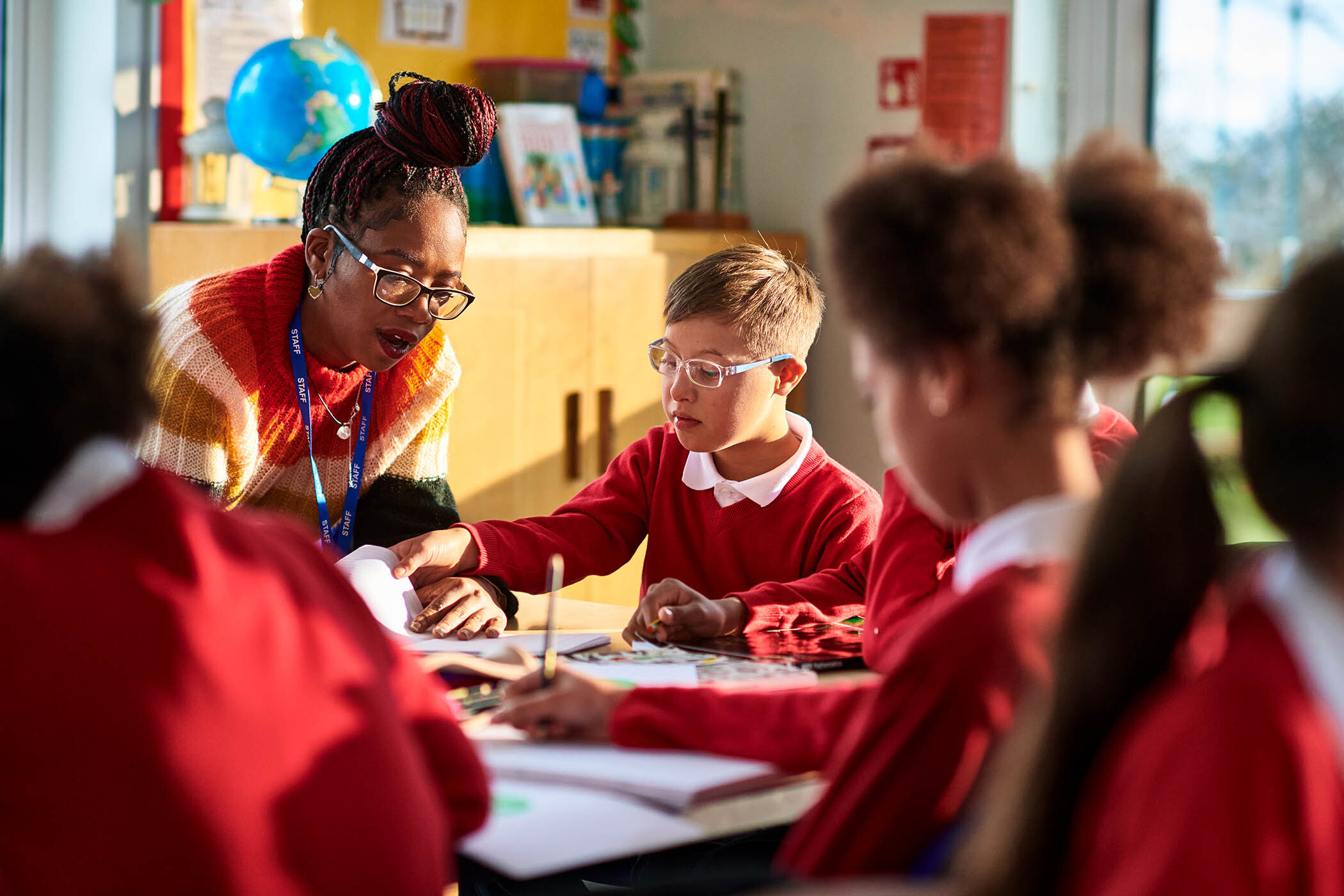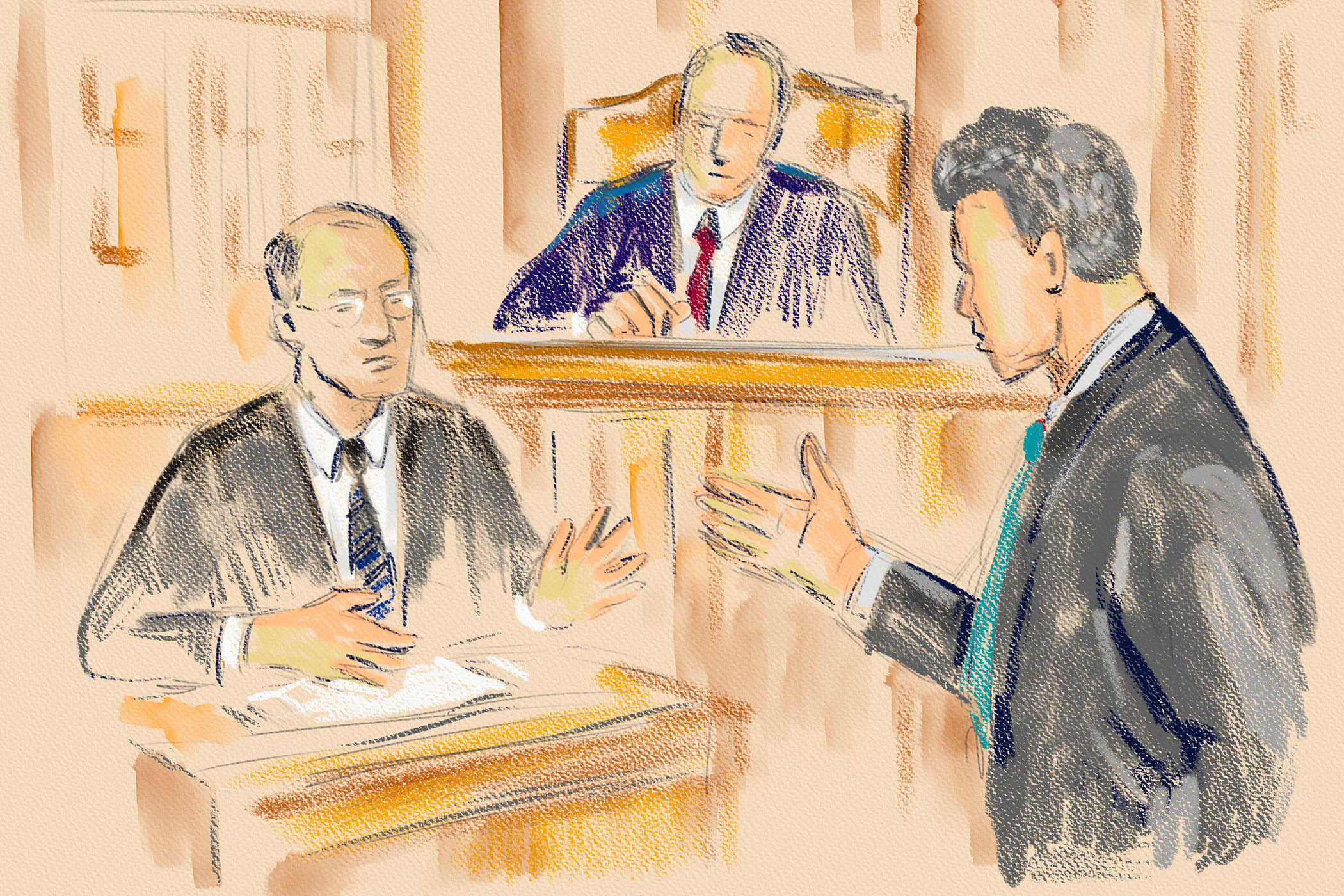The last time I spoke to Andrew Norfolk, in 2024, he was still consumed with sorrow for the girls who had suffered vile abuse by the gangs he had exposed a decade before. As always with Andrew, there was no hint of glory in having exposed one of the biggest cover-ups in British history.
He would rather not have won the awards, if it could have saved those children. Andrew, who died on 8 May, was the most modest but dogged investigative reporter I ever met. I remember worrying, during what I now know was our last conversation, that the knowledge of what happened to the victims had broken him.
In 2010, Andrew brought his suspicions to the Times that men of Pakistani heritage were systematically grooming and abusing white girls in the north of England, where he was based. Seven years after Ann Cryer, MP for Keighley, had been ostracised by Labour for raising the issue, Andrew started to follow court cases in which groups of men were being convicted. He was stonewalled by police and local councils. But he talked to victims. In Andrew they found an adult they could trust, having been let down by every public authority that should have protected them.
In the years that followed, he uncovered case after case with the same pattern. Girls between the age of 11 and 15 were put in cars, plied with alcohol and drugs, and raped by groups of men. None of us on the editorial team wanted the story to be true – least of all Andrew. We were accused of racism, of making things up. But he was driven by a devotion to truth, and to protecting the vulnerable.
I vividly remember the day some newsdesk colleagues lobbied for the paper to stop pursuing the story. A trial had collapsed: they worried that Andrew might be wrong, and that we would look racist. It was a tense moment. Andrew sat there quietly but calmly, blinking behind his spectacles. But the only thing to do was look for the truth and report if it was there. That is how the much-derided “mainstream media” broke the story of the biggest mass rape and abuse scandal in our country’s history.
Initially, it wasn’t clear how big this would turn out to be: spanning Rotherham, Rochdale, Huddersfield, Bristol, Telford, Oxford and beyond. Andrew hoped his job was done when the government announced an inquiry. Instead, he was told it would become his “full-time job”. I remember the flicker of anguish on his face, coupled with determination.
It was Rotherham, in South Yorkshire, that Andrew kept talking about, and one case where police responding to a call found a 13-year-old girl in a flat with seven men. They ended up arresting the girl for being drunk, leaving the men alone. Over the course of 2012 and 2013, Andrew painstakingly drew the facts together. The response of the authorities was to deny and obfuscate. Rotherham council tried to get an injunction to prevent publication. The police accused the Times of “exploiting the victims”.
In 2014, a report by Prof Alexis Jay found that 1,400 girls had been abused in Rotherham since 1997. When Rotherham council’s leader finally resigned, I held a gathering at home for about 30 people, including former Times colleagues and Michael Gove and other MPs who had helped to get justice. Andrew was reluctant to come: he was so gentle and hated any limelight. I only got Andrew there by promising that he wouldn’t have to do a speech, and he could smoke. We sank a few bottles. The note he wrote me afterwards was characteristically sweet and heartfelt.
The reporting must have been gruelling. The victims’ testimonies were horrific. The contempt felt for these girls by police and local councillors, even some social workers, left Andrew in despair. It must have been lonely, too. Day after day, he was dealing in misery and despair. When he would come to the office in Wapping, it sometimes felt as though he was downloading from another world.
I called him last year because Elon Musk and JD Vance had been stoking up calls for a national inquiry, and I wasn’t sure what I thought. Andrew’s strong view was that another inquiry wasn’t needed. What we should be doing instead, he said, was asking why things can go so wrong. No one had ever researched why scores of young Pakistani men would act like this. He also said that to Emily Maitlis, when she interviewed him for her podcast The News Agents. But there has been no follow-up. Better, everyone thinks, to turn the page. That was not enough for Andrew Norfolk.
Newsletters
Choose the newsletters you want to receive
View more
For information about how The Observer protects your data, read our Privacy Policy
His legacy? A string of convictions, thanks in part to guidelines laid out with the former director of public prosecutions Keir Starmer. Resignations of public officials who had refused to be accountable. And, above all, a hearing for the victims. He was their only hope, and their greatest champion.
Camilla Cavendish is a contributing editor and columnist at the Financial Times. From 2002 to 2013 she was an assistant editor at the Times


